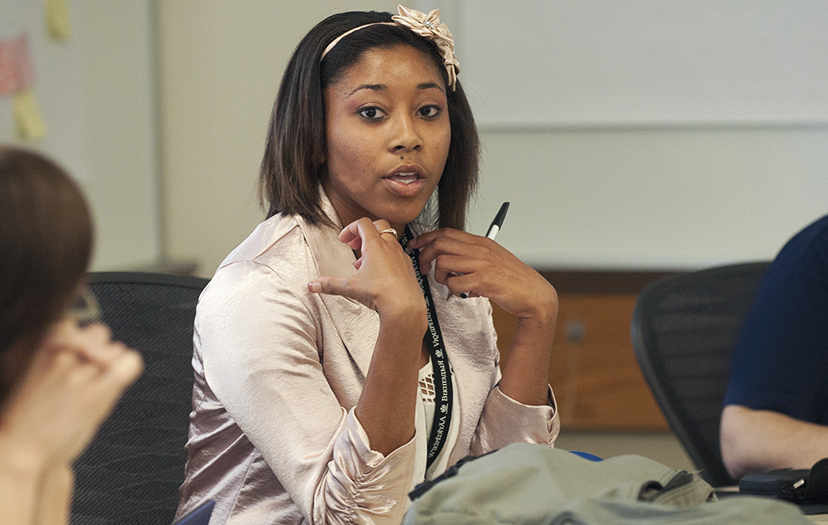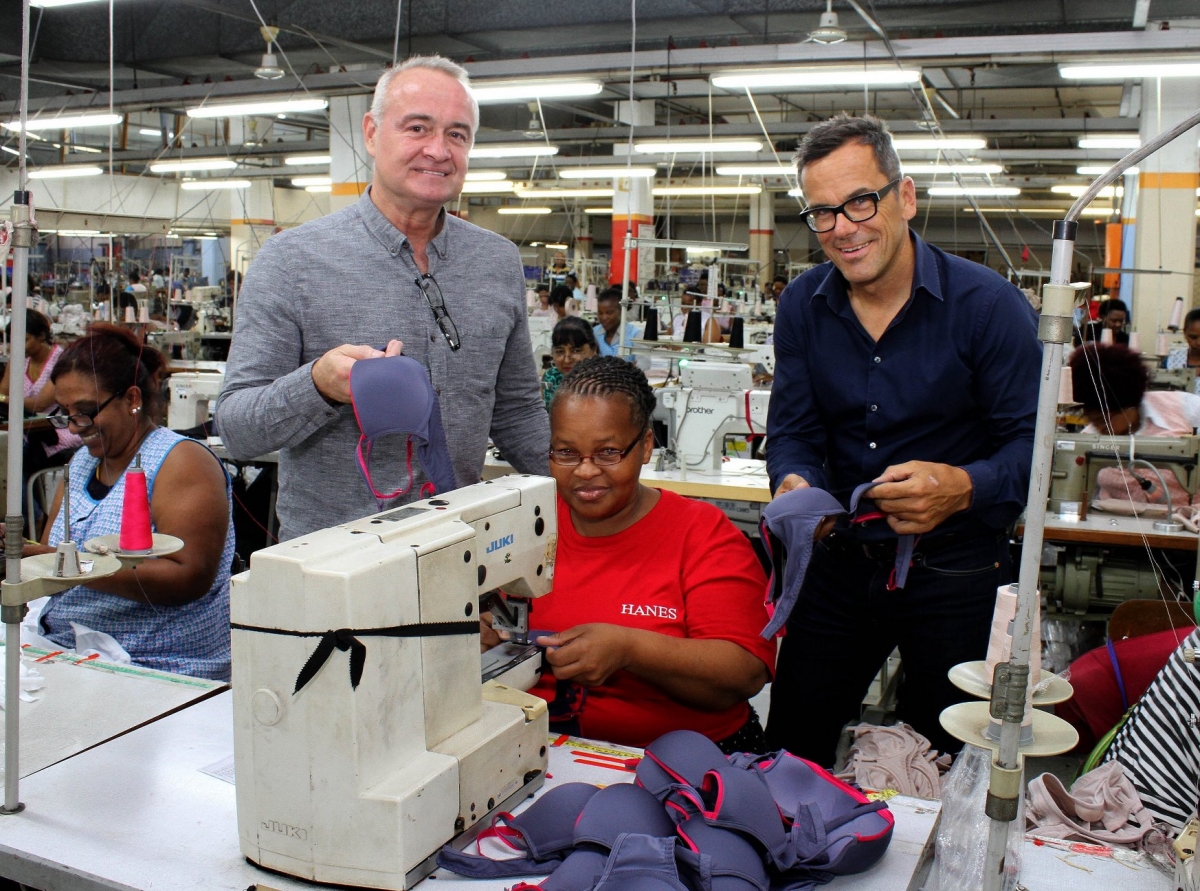While professional references are often the last stop on the hire train, do not think for a moment that they are the least important factor leading to a company’s decision to hire or not hire you. References not only offer vital information related to an employee’s past performance, strengths and abilities, but they also act as an invaluable repository of tangible information providing insight into someone’s real life and on the job work. It is from these real life examples and not from words scattered across a resume that play an instrumental role in a hiring manager’s final decision before extending an offer. We tapped into a Senior Recruiter at BevForce for some key insights about reference checking during the interview process.
Stay Connected
With the heavy reliance on social media these days to stay “up to date” with people’s career goings on, there is no excuse for not keeping in touch, especially with former colleagues. Whether it is a friendly, “how are you?” or “Did you hear that so and so is working for X brand now?”, regular communication plays a key role in whom you can ask to be a professional reference when you are interviewing for your dream job. It can be extremely uncomfortable backtracking on lapsed communication with a former colleague and attempting to cleverly and thoughtfully muster up a point of conversation when too much time has passed. Stay connected and relevant with your former colleagues with simple outreach. This small conversation or outreach can go a long way.
Choose Wisely
Put some thought into your reference. What will they say about your day-to-day work ethic? Are they able to present quantifiable examples of your ability and skill level? Asking the wrong person can be can be a catastrophic decision for someone in final interview rounds. Employees tend to ask former colleagues, friends and acquaintances to act as references. While this seems intuitive, the best choice is always a contact strongly familiar with your prior work, ably offering empirical evidence related to your goals, methods and ambitions. It is important to ask someone with whom you worked close enough to be able to recall and discuss your measurable accomplishments.
Don’t Discriminate
You may think your best reference point will be someone to whom you reported, but this is not always the case. Depending on the position for which you are interviewing, one of the best references you can offer is that of a direct report or a peer with whom you had daily interactions or worked together on a team. Remember that you interface with colleagues at all levels of business daily. Do not overlook those who view you as a mentor, expert or peer. These often are the best reference to help a potential employer ascertain information about your interpersonal communications skills and culture fit.








